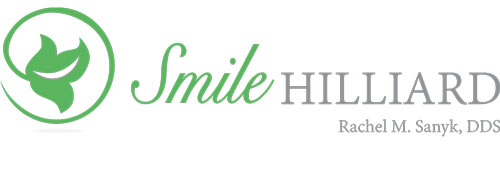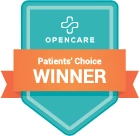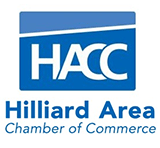Mouth sores got you down? We get it. In our line of work, we often see people with painful mouth sores. Learn what causes them, how to care for one, and what your treatment options are.
What Types of Mouth Sores Are There?
There are many different types of mouth sores, but the two most common ones are canker sores and cold sores.
Canker sores occur on the inside of the mouth. Usually they begin as a red spot or bump, producing a tingling or burning sensation. Canker sores, or aphthous ulcers, can be small or large and can occur singularly or in multiple spots in the mouth. Canker sores can affect the young and old and have many underlying causes.
Cold sores are groups of painful, fluid-filled blisters that usually occur on or around the lips. They’re caused by the herpes virus, and unlike canker sores, they can easily spread if the blisters break open. The initial herpes infection usually occurs during childhood, but the virus can cause repeated cold sores for years.
What Causes Mouth Sores?
Mouth sores have many different triggers. For instance, while cold sores are caused by the herpes virus, other mouth sores have genetic causes. And interestingly enough, the cause of canker sores is still unknown.
In some cases, a mouth sore is a sign of a more serious problem. For instance, mouth sores can also be caused by:
- A broken tooth that creates friction resulting in a sore
- A dental abscess, which is a buildup of pus that forms in the teeth or gums, as a result of a bacterial infection
- Allergic reactions or hypersensitivity to chemicals introduced in the mouth. Common allergic reactions are from metals, ingredients in some toothpastes, flavorings such as cinnamon, and other food allergies.
- Dermatologic and other systemic diseases
- Extreme dry mouth or trauma
- Oral cancer, although this is less likely
For these reasons, it’s a good idea to visit us for regular dental checkups every six months. With preventative care, we can identify and treat issues early on, so they don’t worsen later.
How Can I Care for a Mouth Sore?
For internal sores, you can use ice to temporarily relieve the pain. Alternatively, you may want to place a wet tea bag on the affected area. There are also over-the-counter solutions available for pain relief. Additionally, Dr. Sanyk can prescribe steroid-based ointments or rinses to help heal these lesions faster.
If you’re experiencing a cold sore, you may want to contact your physician or Dr. Sanyk for a prescription antiviral medication. Also, it is a good idea to postpone any scheduled dentist visits you have until the situation has resolved. Unfortunately, dental treatment could cause cold sores to worsen or spread, so please call us, and we’ll gladly reschedule your appointment.
How Do You Treat Mouth Sores?
There is no one answer to this, because treatment will depend on the cause of your mouth sore. In the case of persistent mouth sores, we might, for example, prescribe you medication for the problem.
If we find sores that we suspect could be symptomatic of oral cancer, we’ll refer you to a specialist. And naturally, if your sores are caused by a dental problem, like a broken tooth, we’ll discuss your treatment options with you.
The important thing to know is that you don’t have to live with chronic pain. We do have options to help. So, if you’re experiencing severe pain, recurring mouth sores, or a persistent sore lasting longer than two weeks, please contact us immediately for an appointment.
How Can I Schedule a Dentist Appointment with Smile Hilliard?
At Smile Hilliard, we make it easy to schedule your next dentist appointment. To do so, you can schedule your visit online or call our office at 614.534.0257 to request an appointment.
We are located at 6304 Scioto Darby Road in Hilliard and offer evening office hours for your convenience.





